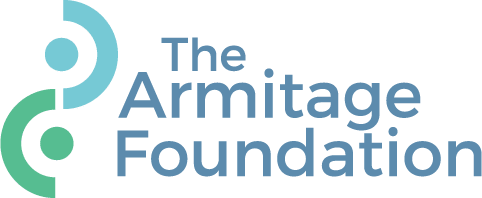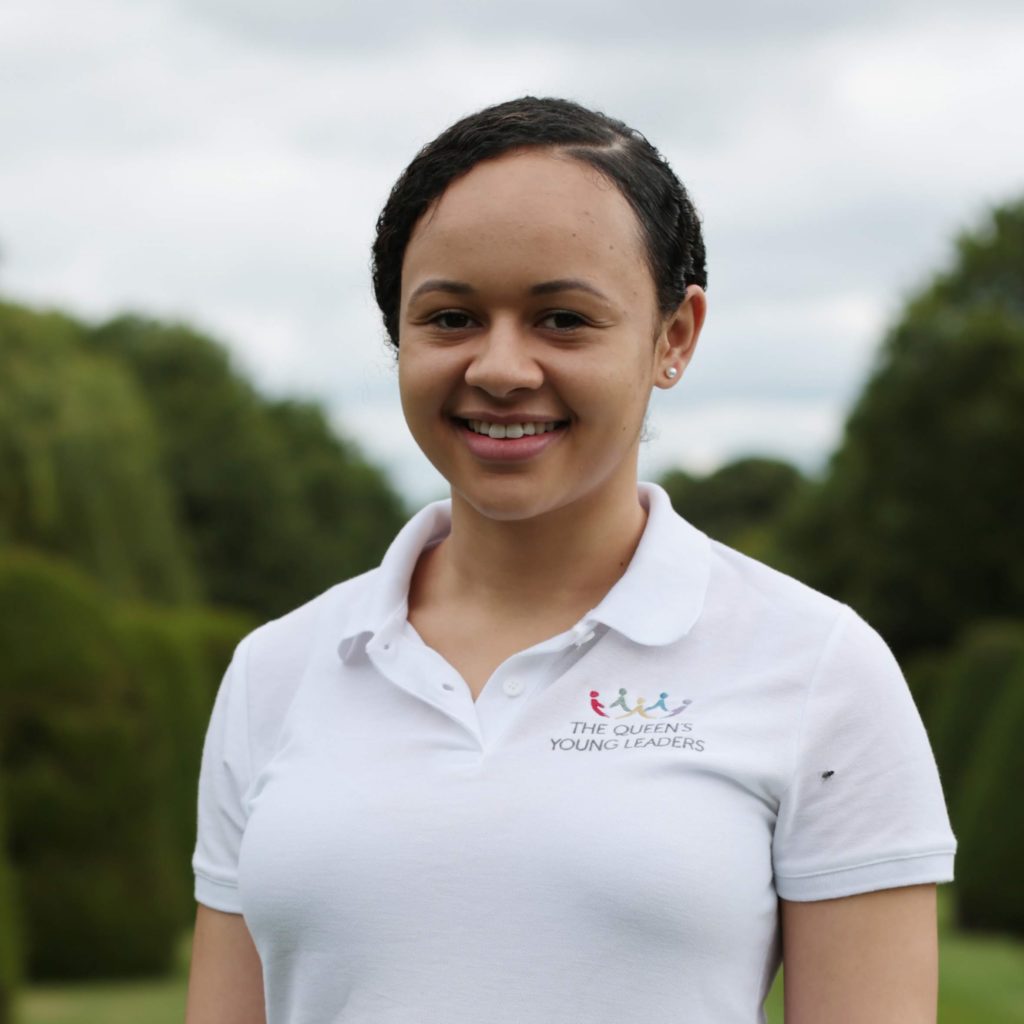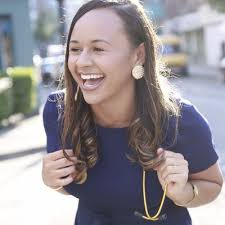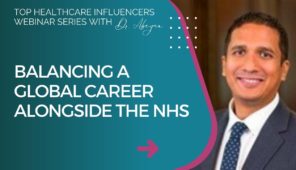The Armitage Foundation – Rising Above My Postcode
An Interview with Dr Leanne Armitage (The Armitage Foundation), about the charity she built to help people like her rise above their postcode.
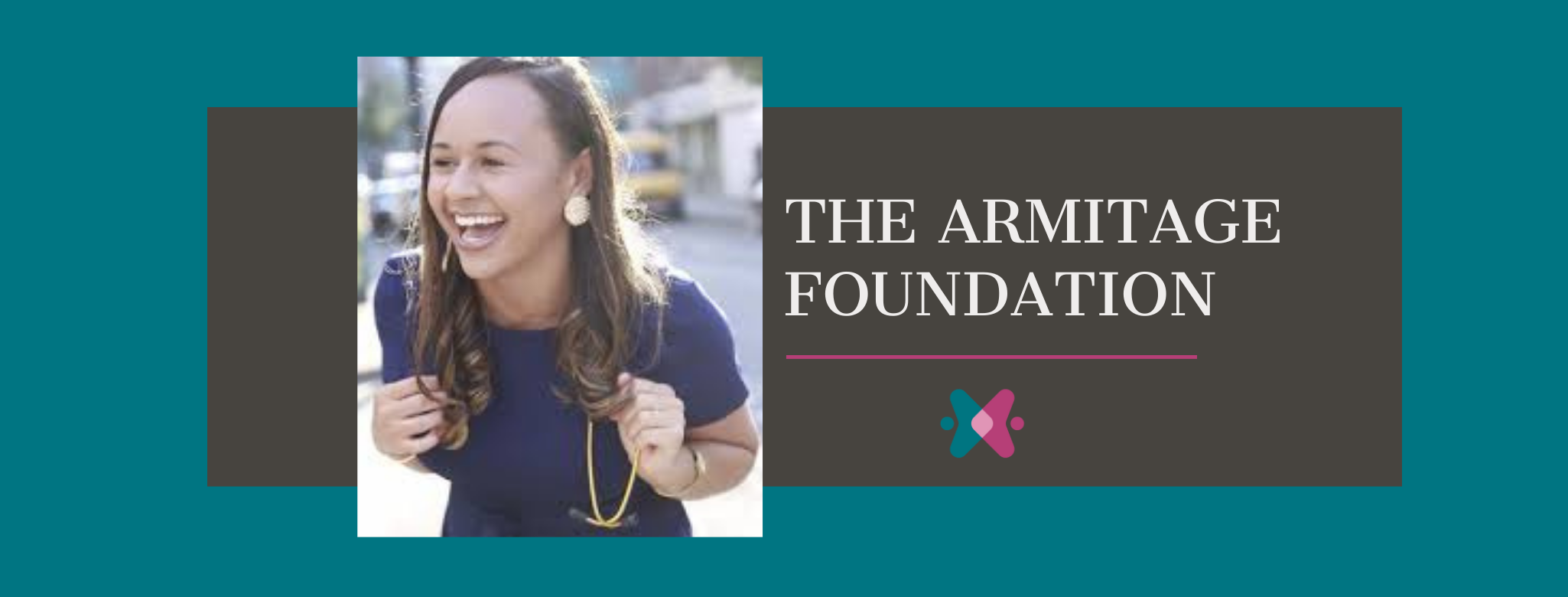
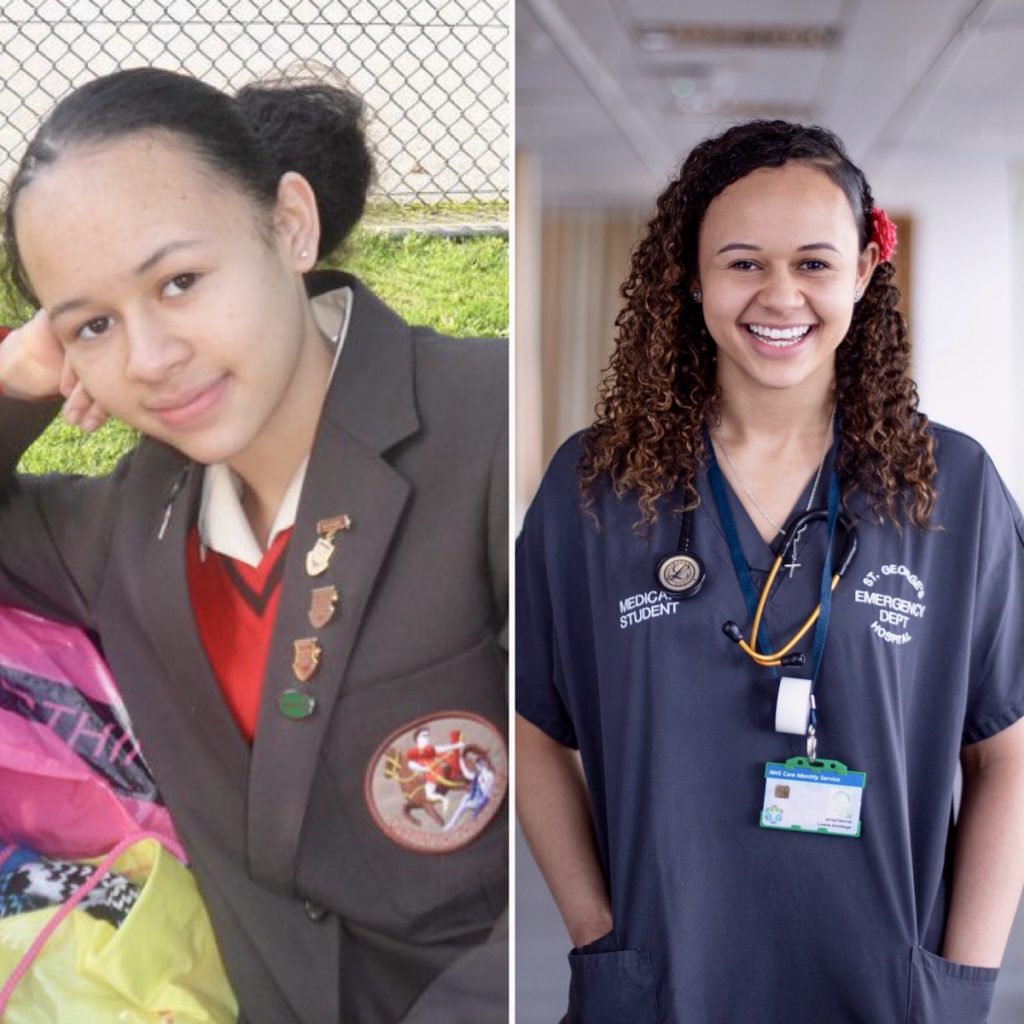
Dr Leanne Armitage, a newly qualified junior (foundation year 1) doctor, and CEO/founder of The Armitage Foundation, talks to us about her own personal widening participation opportunities and the charity she built to help people like her rise above their postcode.
When did you realise what you wanted to be?
The Stabbing
I vividly remember when I was 15, I was with my sister and heard a helicopter from up above (I get really excited when I see helicopters, even today!). I asked my sister if we could go to where the helicopter was landing, and she said “sure”. When we got there I remember seeing a crowd of people around; I was a bit confused because I didn’t know what was going on. A nearby lady standing told us a young man had been stabbed.

At that point all excitement just dissipated, drenched from my body. This helicopter hasn’t landed for any good reason at all, I realised, it was because a young man had been stabbed. Two lives here had potentially been lost; 1 to death and 1 to prison.
And I also remember feeling a sense of anger because this wasn’t the first time I’d heard of this sort of stuff happening. Young teens losing their lives, and everybody is just watching as if it’s some kind of show, but who is actually going to do something to make a difference afterwards?

What can I do?
I then remember feeling a real sense of disempowerment as I thought, I would love to do something but what can I do? I’m just a 15 year old girl. I’ve always been someone who is very reflective and thinks deeply, but I remember going home with a heavy heart, sitting in my room deeply thinking and praying, asking God, what can I do?
Then the idea came to me, if I aspire to become a trauma surgeon, that would give me a platform to go into environments where young men are victim to gun and knife crime, and inspire them to do better. That was based on the premise that a trauma surgeon working in London would come across victims of gunshot and stab wounds.
That’s essentially how my vision for life was born.
How did you pursue your vision to be a Doctor…
I came from a very challenging background compared to most medics; a single parent home, I met my father for the first time when I was 19. Out of us 5 siblings only 1 other went to university; it wasn’t really the culture to go to uni. There was no-one really to mentor me or show me the ropes.
So I started off with a google search and realised the first thing I’d need is really good grades. I went to St Martin’s, a very good state school in Tulse Hill, with a real buzz for academic excellence. I worked really hard and managed to get 10A*s.
Mill Hill School

During the final year of secondary school my sister recollected hearing of a girl who had a scholarship. So we ordered some prospectuses, and one of them stood out to me, Mill Hill School. Because the cost for a scholarship application was high, I only applied to this school. I had an interview in the first round of the application, and to my surprise I was awarded a place as the first recipient of it, the A Better Chance Bursary.
Studying at Mill Hill for was challenging. For a while I struggled with self esteem issues especially with imposter syndrome. But deep down and my faith in God allowed me to know that yes, I can do this.
Medical School Application – First Round
During my first year I applied to medical school. I was so excited for my journey ahead, but unfortunately got rejected from everywhere. This was challenging for me because this dream meant so much to me. Though I felt very disheartened, I decided to take a gap year.
How did you figure out what to do in your gap year, and how was it?
Firstly I knew I wanted to reapply to medicine so had to get some kind of voluntary work. Whilst I was in 6th form, I worked as a lifeguard. My motivation here was it may help with my application to medical school with first aid/life-saving-ish stuff. So I continued with this.
I learnt a LOT during my gap year; it really showed me that the world isn’t just black and white, and gave me such a wealth of experience. For example volunteering for “Doctors of the World”, a clinic in Bethnal Green, gave me insight into the lives of vulnerable people including undocumented migrants, asylum seekers, and victims of sex trafficking. As I found purpose in public speaking I volunteered with Asthma UK, and also my friend’s charity “Revive Congo”, which helped develop this.
Bursary
Most importantly during this Year, I came to learn about a bursary scheme that would finance my whole university education. This is specific for students in Borough of Southwark, which is one of the most disadvantaged boroughs of London. Because of this bursary that I received, by the Grace of God have been able to graduate debt free.

How did your family react to your aspiration and ambition?
One of the things I love about my mum is that even though she didn’t fully understand the process of becoming a doctor, she never said I couldn’t do it. She would support me with buying me books, freely let me go to lectures. She would call me the A girl, there were no limits on what I could do.
My sister also played an absolutely significant part in my life; she has been an avid supporter, a mentor; when I told her I wanted to be a doctor she was backing me all the way. She never questioned my dreams, because it was like she could see my potential and could see it was possible.
How did you adjust to medical school?
Studying in a boarding school helped because it familiarised me with people who come from a wealthy background. So when I started medical school it wasn’t like a cultural shock in that sense. St George’s is quite diverse both culturally, ethnically and also socioeconomically vs some universities. I lived at home for my entire university education, which in some sense made it more challenging. Because I had to get home for a certain time etc it was a bit more difficult to integrate. If I’m honest I have a few good friends from university, but seemed to connect with people more outside.
How did you seek initiative for setting up your charity, The Armitage Foundation?
During 2nd year of Medical School, it occurred to me that many students coming from a background like mine do not get into medical school. I remember reading articles including one by the BMA “The right mix”. This article illustrates that 50% of schools across the UK don’t produce a single medical applicant. But reading it, I felt like I had the answer to some of the reasons why. The Aleto Foundation, that specifically supports ethnic minorities, delivered a leadership course that I had an opportunity to attend. Afterwards I had a burning desire to do something. Because I care about social change I decided to use the skills I had, to set up a medical outreach programme.
Intercalation
I intercalated in 2016 – Global Health, that’s when I started everything. Though the course was intense, I had 3 days/week where my timetable was flexible. One of my mentors advised that I pilot the programme and write a case for support. This happened at my old secondary school 6th form, but realised that working with 6th form students is too late. We altered the programme to start with year 9 students before they choose their options.
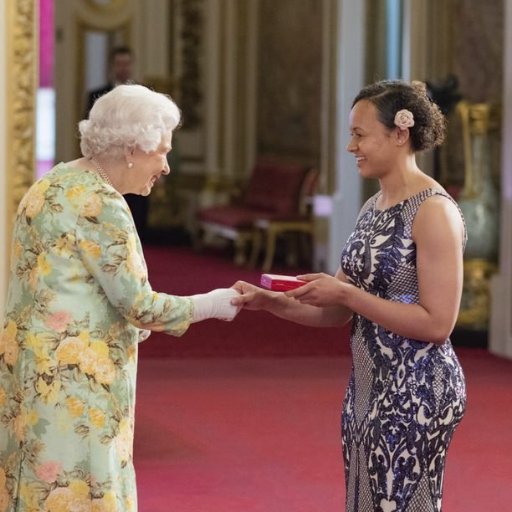
My university, St Georges, offered a grant to research the effectiveness of the programme, about £890. That allowed me to expand into 3 schools including the school I was already working with. Around that time somebody told me of the UK Queen Young Leaders Award Programme. I applied for that and surprisingly I was selected to represent the UK. I was then given an award from her Majesty the Queen in June 2018. In that same month I registered my charity, The Armitage Foundation. Following that, I then got a grant from Comic Relief, which enabled us to hire our first staff member.
Where are things up to now with The Armitage Foundation?
We have plans to have a 3 tier programme so we can support students all the way from Year 8 up until their medical school application. It is continuous intervention, which I believe is what is needed to help encourage and increase diversity. Coronavirus has halted our programme plans for the time being. Understandably most of the grant bodies are diverting their efforts towards coronavirus initiatives.
Soon you’ll be starting work as a doctor. How do you foresee managing “that” side of you (The Armitage Foundation) vs the doctor side of you?
It’s a good question, I meditate on this quite a lot.
I realise I am not going to be a conventional doctor; I’m going in there with the mindset I won’t be working full time. I know some doctors frown upon that, and may regard you as “not committed”. But I have already reasoned in my heart and in my mind that I am more than just a doctor. People that need to listen to my story and feel empowered, through my charity and other projects. The charity needs to be in a place of stability, where I can just act as an ambassador. We are not at that place yet.

As I mentioned earlier I always wanted to be a trauma surgeon, however more recently I have been questioning this. After a recent placement that I enjoyed, I realised I don’t have a burning desire to do this specifically. I like Emergency Medicine, which is easier to have a part time contract.
For foundation years I’ve made sure I have both a placement in T&O and EM to help make my decision.
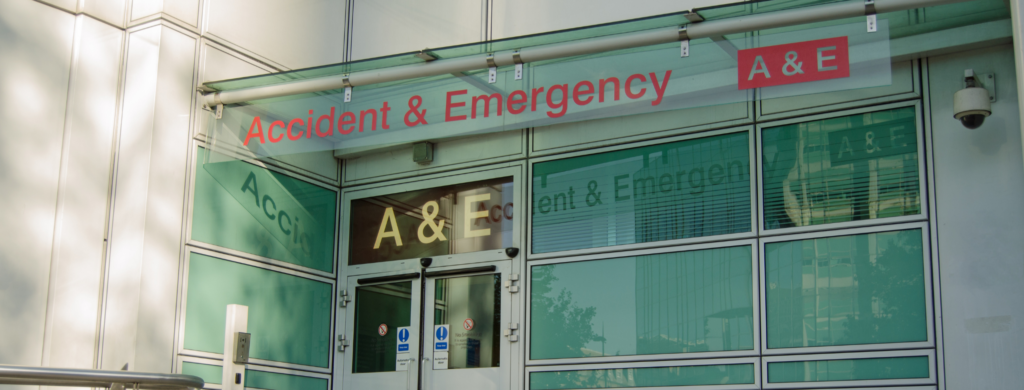
For the time being will you be working full time?
I want to work full time so that I feel confident as a doctor. I don’t want to compromise my competence in my job so I will step back a little bit from other things to focus on this.
How do you think the resurfacing of BLM will affect The Armitage Foundation?
I definitely think that because a magnifying glass internationally has been placed on the systematic racism/injustices/flaws, this will work in the favour of the Armitage foundation, as we are directly and already providing an intervention that can help address some of these issues. How exactly it will manifest, we are not certain about that…
If there is someone like you who feels inspired by reading this to pursue something like this, what suggestions could you give them?

Research
It’s always worth researching if locally a similar organisation/initiative is already running, because partnering with them may make a bigger difference. I have found that there are pockets of organisations all about the same thing, and actually if we all unified we may be a little bit more effective. This saves time, and potentially accelerates you in your journey.
Define
It is important to then define the purpose of the programme and what you hope to achieve from the programme. I knew that I wanted to teach these students about medicine, I knew that the students would be struggling with the issues I did like the lack of self esteem, so I ensured there was an element of self development in my course. For example, at the start of every lesson we would meditate on a quote eg “It doesn’t matter where you started, it’s about where you’re going” and I’d ask the students “what does this mean?”, to allow the students to build their self confidence and not allow their background to limit them. I made sure every session was part theory and part practice to avoid boring the students.
Utilise Connections
It’s also good to utilise connections that you already have, e.g. I went to my old secondary school and asked to pilot this with their 6th form. Following that I was able to connect with the other 2 schools with my links I had made as an ambassador with St George’s, because I had previously visited them as an ambassador.
In terms of resources I borrowed resources from my university, and that was easy because I was a student there.
Many grants are available online. A google search with a few simple terms about their project/areas of interest, will definitely bring up something.
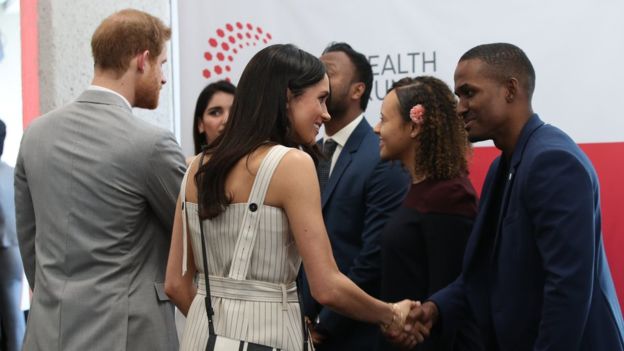
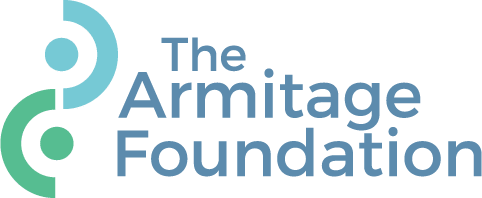
If anyone wants learn more about The Armitage Foundation, or get in touch…
Check out the Armitage Foundation and we welcome donations through here.
We also have text giving set up – text ARMITAGE to 70085 to donate £5
Texts cost £5 plus one standard rate message and you’ll be opting in to hear more about our work and fundraising via telephone and SMS. If you’d like to give £5 but do not wish to receive marketing communications, text ARMITAGENOINFO to 70085.
Read more case studies like that of Dr Leanne Armitage here.
Zirva’s Reflections
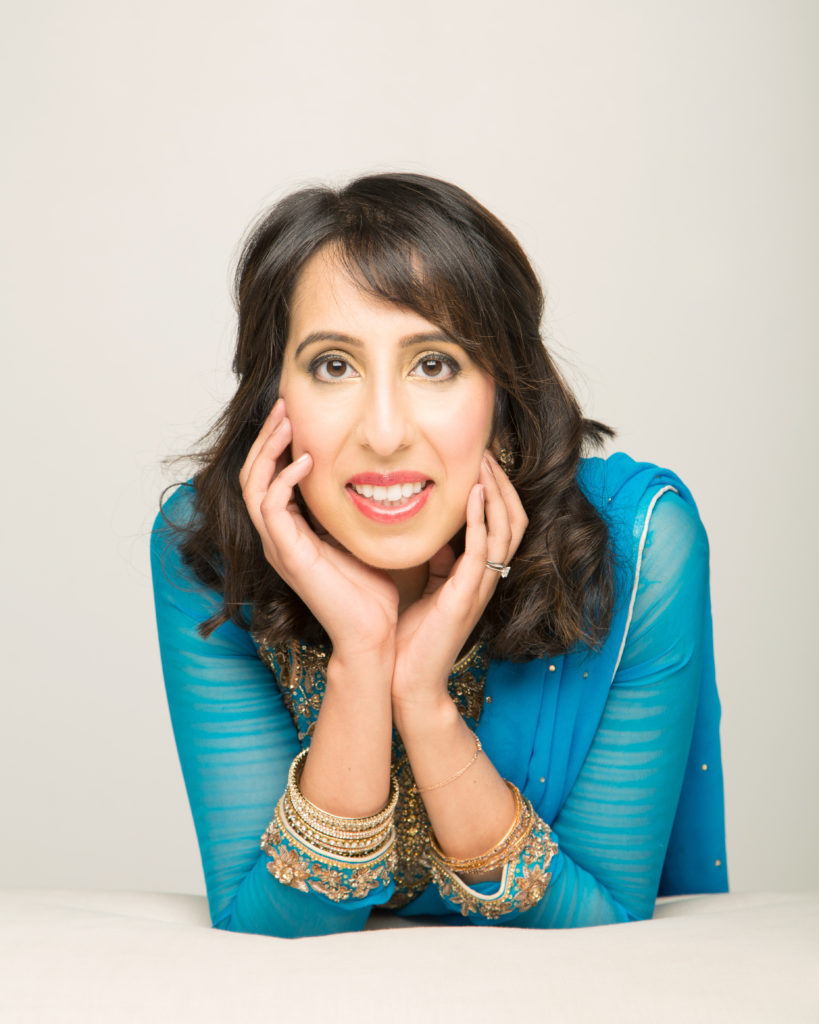
Inspired
I had a great conversation with the lovely Dr Leanne Armitage, an incredibly inspiring young woman who has achieved a lot more than most of us by her age. She has just qualified as a doctor but from a young age you will see that she has been very in tune with the needs of her community and society as a whole. She has taken initiative to make societal change with The Armitage Foundation, and has had the drive and courage to pave her journey whilst studying medicine also!
Dr Leanne is incredibly focussed and driven, motivated for the sake of improving the lives and opportunities of others, not for any selfish gain. Many have benefited from the hard work of The Armitage Foundation, and I hope many will continue to rise above their postcode with the appropriate help and guidance.
Personal Reflections
I relate to her. My parents were limited to postcode because of affordability, meaning the schooling we received was not the same as children in other areas. My desire to be a doctor was always there, as was the encouragement, but I didn’t have role models and had to create my own opportunities. There was very little realistic widening participation or attempts to reach out into clearly able cohorts of students. But we all live to tell the tale.
Thank you for giving me your time to be able to get to know you more, and sincerely hope others find your journey eye-opening and can contribute to the hard work your initiative undertakes.
Zirva x
Zirva Khan
Latest posts by Zirva Khan (see all)
- Medical Students Mental Health – is this still taboo?! - 4th February 2021
- The Armitage Foundation – Rising Above My Postcode - 12th September 2020
- The patients I am most fearful for in the Covid-19 pandemic - 27th May 2020
